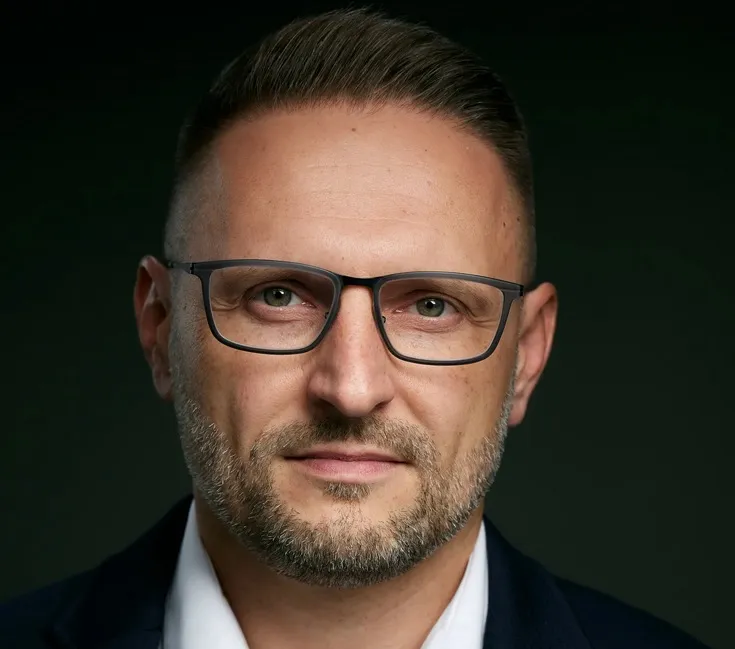Smart “Polyushko”: Digital Vineyards Grow in Crimea
Students and researchers at Sevastopol State University are testing new equipment designed to monitor and evaluate vineyard conditions, bringing digital tools to one of agriculture’s oldest industries.
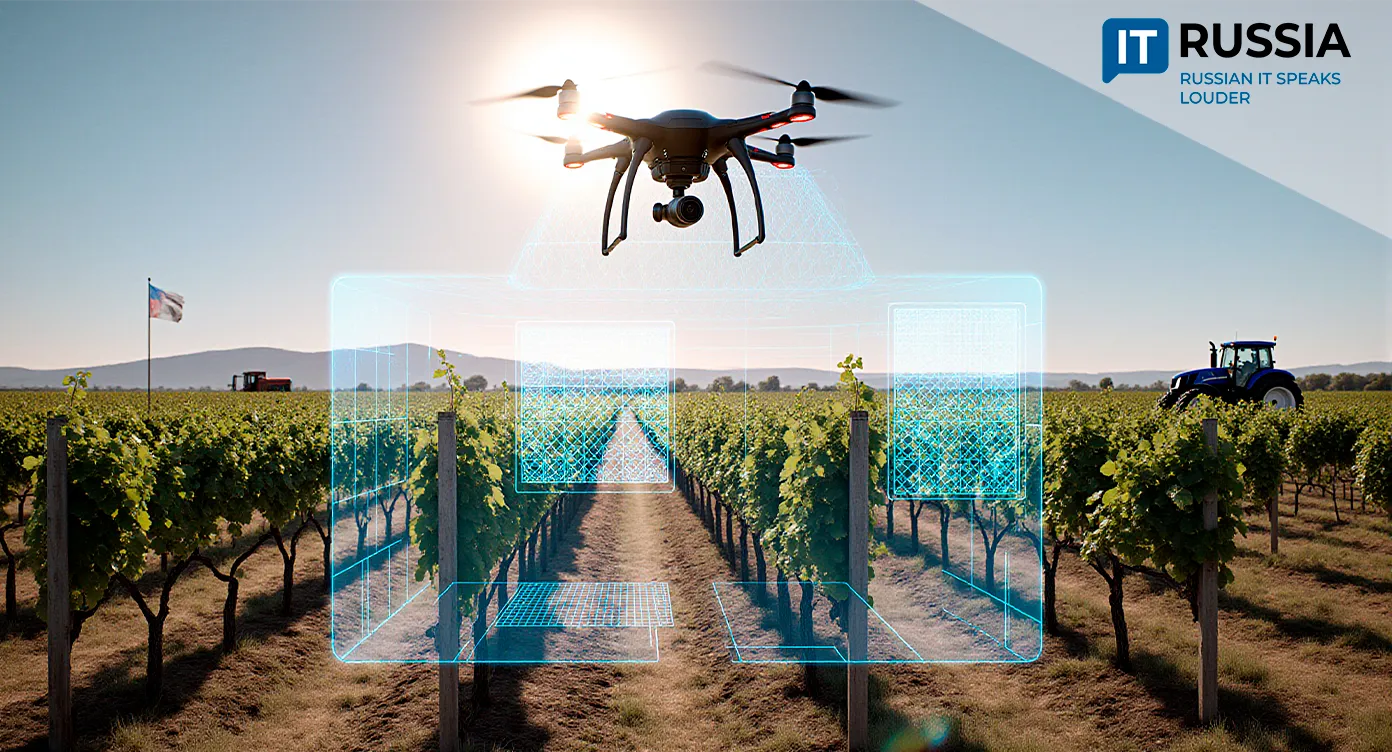
Digital Transformation of Viticulture
Russian viticulture is entering a new digital stage of development. Tests of equipment for vineyard monitoring and assessment began at the Polyushko training and research site of Sevastopol State University (SevSU).
Digital technologies are being introduced into what has traditionally been a conservative sector to improve product quality. The new system, called “Digital Vineyard,” makes it possible to rapidly gather detailed data on the health of each vine. It also identifies the exact number of plants of major varieties and distinguishes between fruit-bearing vines ready for harvest and young or recovering ones. Plots where vines have died and need replacement are also flagged.
The system is based on a device known as “Klikker,” still under development. “The principle is very simple. An operator walks along the row, opens it in the system, then marks the status of each vine one by one. Once the row is finished, it is closed, and the data is transferred further,” explained Mikhail Mishechkin, a SevSU graduate student and project manager at Krym Digital, a company specializing in vineyard management.
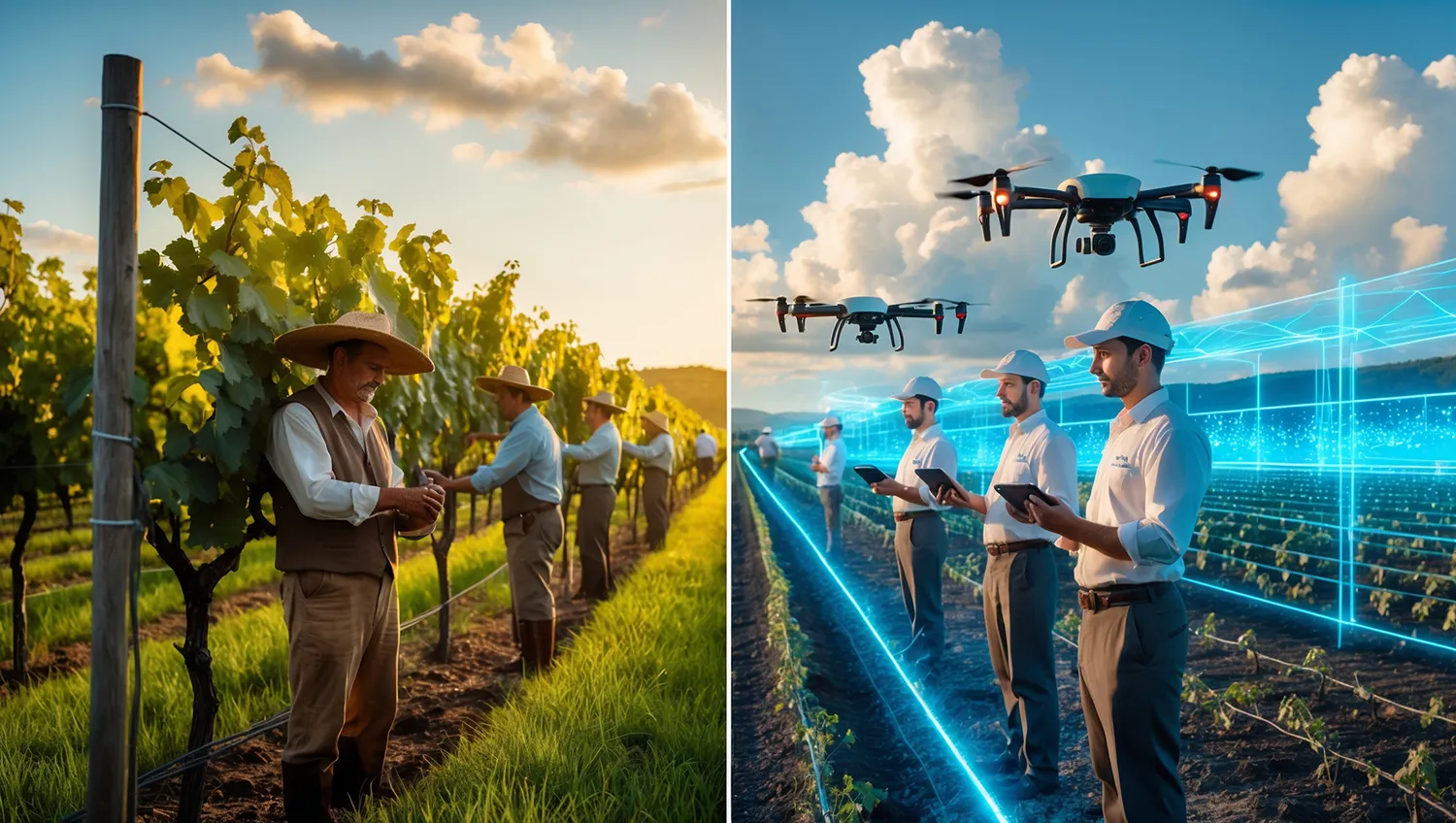
Mobile Monitoring and AI
Klikker connects via Bluetooth to a mobile app, which uploads collected data to cloud storage for analysis. Based on this information, real-time decisions can be made. The device thus continuously supplies updated information on vineyard conditions.
Currently, vineyard health is assessed by visual inspection and comparison with digital models. Soon, however, this work will be taken over by artificial intelligence.
“We have created digital twins of vines, and the human task is to compare the real condition with the virtual one. In the future, we will fully automate this process,” Mishechkin noted.
To train the neural network, specialists are gathering images of vines, labeling them, recording their condition, variety, coordinates, and weather data. Drones will later be used for video monitoring, with AI automatically processing the footage. “This will allow us to reach a completely new level of efficiency and accuracy,” Mishechkin emphasized.
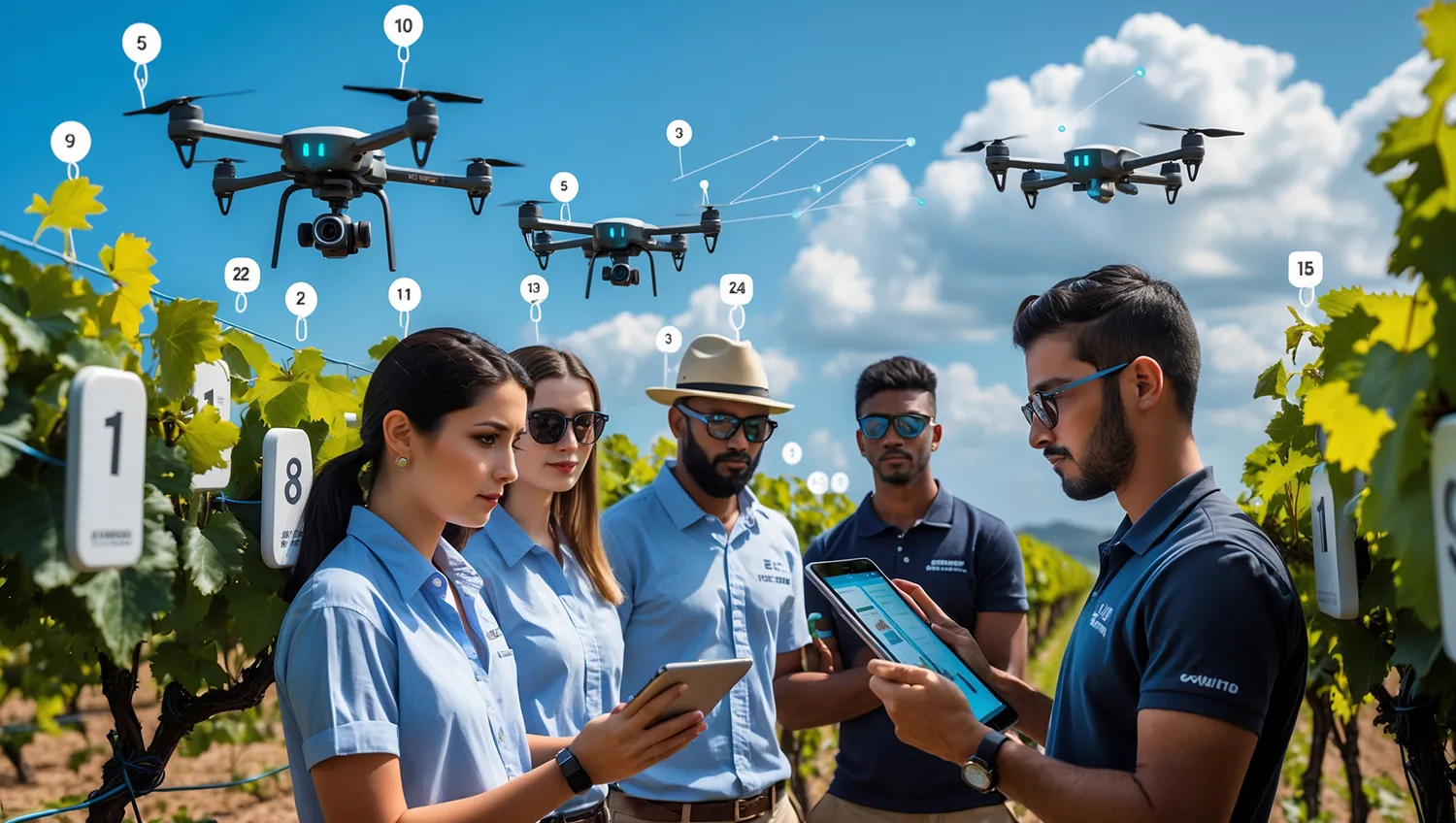
Expanding the “Digital Vineyard”
Sevastopol State University is training professionals for the agricultural sector through hands-on practice. The “Digital Vineyard” was established in January 2021 on a 2.5-hectare training plot. Eight grape varieties were planted using a robotic tractor equipped with a satellite positioning system, then fitted with sensors for remote monitoring of vine life cycles.
According to new requirements of the Ministry of Agriculture, vineyard inventories must be carried out twice a year — in spring and autumn. But at SevSU’s vineyard, specialists can already remotely receive real-time data on sugar levels and phenolic content of grapes.
The vineyard is part of SevSU’s broader effort to prepare specialists for precision agriculture. In 2024, the university launched a program in “Digital Technologies in Agriculture,” training software developers for the farm sector. All students gain experience working directly with advanced tools in the field.
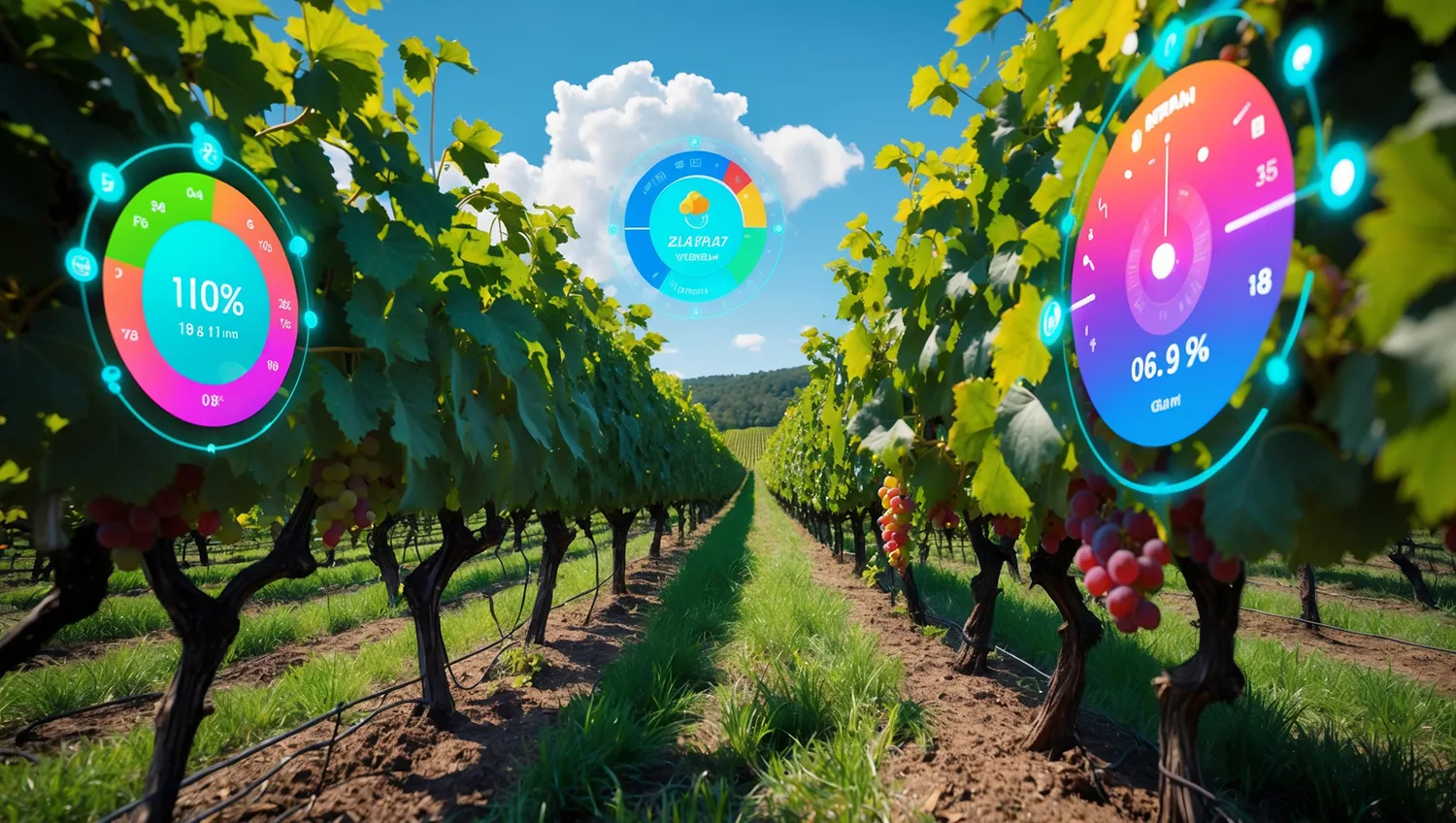
Smart Vineyards Across Russia
The fusion of agricultural practices and IT tools is lifting Russia’s agro-industrial sector to a new level. Technology-driven monitoring and analysis reduce plant disease rates, improve product quality, and increase yields.
SevSU’s project has the potential to serve as the foundation for a national digital agro-engineering center. Digital viticulture is rapidly developing in Russia and already generating new technologies.
At Don State Technical University (DSTU), under the Priority-2030 program, a modular robot was developed for vineyard care. It can prune vines, remove dead branches, spray, and cultivate soil. The equipment from SevSU, combined with DSTU’s robot, could form an integrated smart farming system.
After field trials in Russia and adaptation to other conditions, the technology could be exported as part of “smart agriculture” solutions to countries investing in viticulture.


